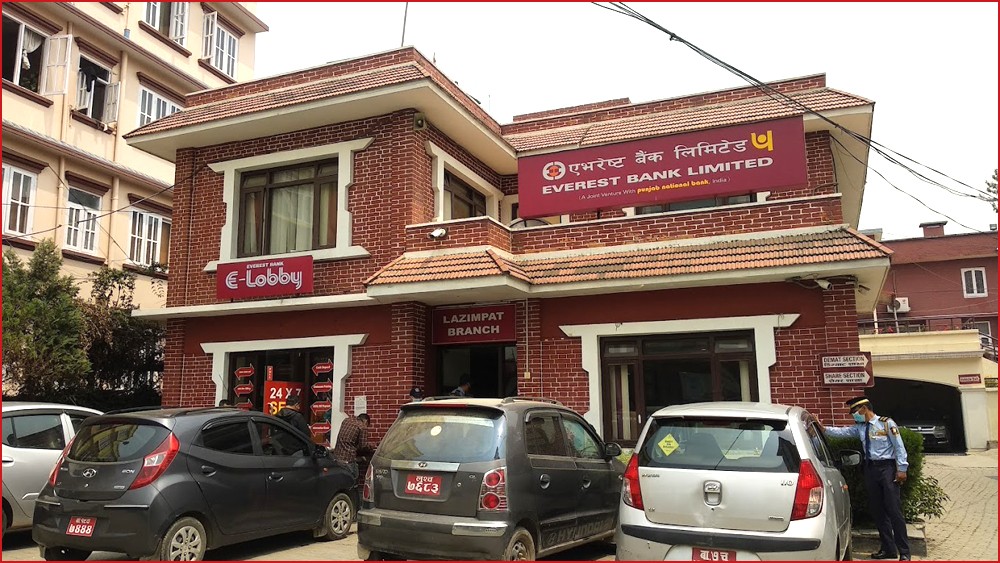The Nepal government must be serious lost economy from COVID -19 - Binod Chaudhary
May Mon 2020 01:27:05
1125 views

Nepal's economy is in its worst state due to the Corona virus Covid-19. The International Monetary Fund (IMF) has projected Nepal's economic growth to be only 1 percent, calling it worse than in 2008.
The United Nations has noted that 44 countries with small economies, such as Nepal, have been hit hardest by COVID-19 and that these countries could face the challenge of famine if supply of goods and services is disrupted.
Various countries have been taking effective initiatives to keep the economy afloat. Bangladesh has already implemented an economic package of 8 billion, the UAE 27 billion, South Korea 10 billion and Indonesia 8 billion. Large economies such as the United States, China, India and Japan are now trying to keep their economies afloat through economic packages of up to 10 percent of GDP.
This problem is not only of Nepal, it is not known how long this problem will last. But despite this, we should try to run our lives normally. For that, we must try to get the economy back to normal.
Tourism, industrial production and remittances in Nepal have reached a very bad state. Along with construction, wholesale and retail trade, agriculture sector, banking sector is in unfavorable condition. Construction of large investment projects such as hydro-power and cement is being delayed. The availability of construction materials is almost nil. For all these reasons, the country has to pay a heavy and far-reaching price. The current problem in the economy is not just the government or the private sector.
This time, the employment problem is looking dire. Not only the Gulf and there will be more people returning to Nepal from Europe and America.
Domestic employment will be lost. Employment is going to be cut in the tourism sector. Corona has also given us the opportunity. Especially in the agricultural sector, new uses should be made. Just as community forests have been used successfully in Nepal, so should new uses in agriculture. Nepal's agricultural sector is currently unable to compete with open imports from India and China.
More than 3,000 committees in Nepal are not necessary. The number of ministries is 16 and the number of departments is 32. Public institutions burdened with government funds should be disbanded or privatized. There are billions in social security funds. It had to be used for the benefit of the workers.
The government should spend based on the action plan of the project taken forward earlier. The budget should be given to the well-advanced projects if there is no expenditure and the budget should be cut for the projects which are not well prepared.








